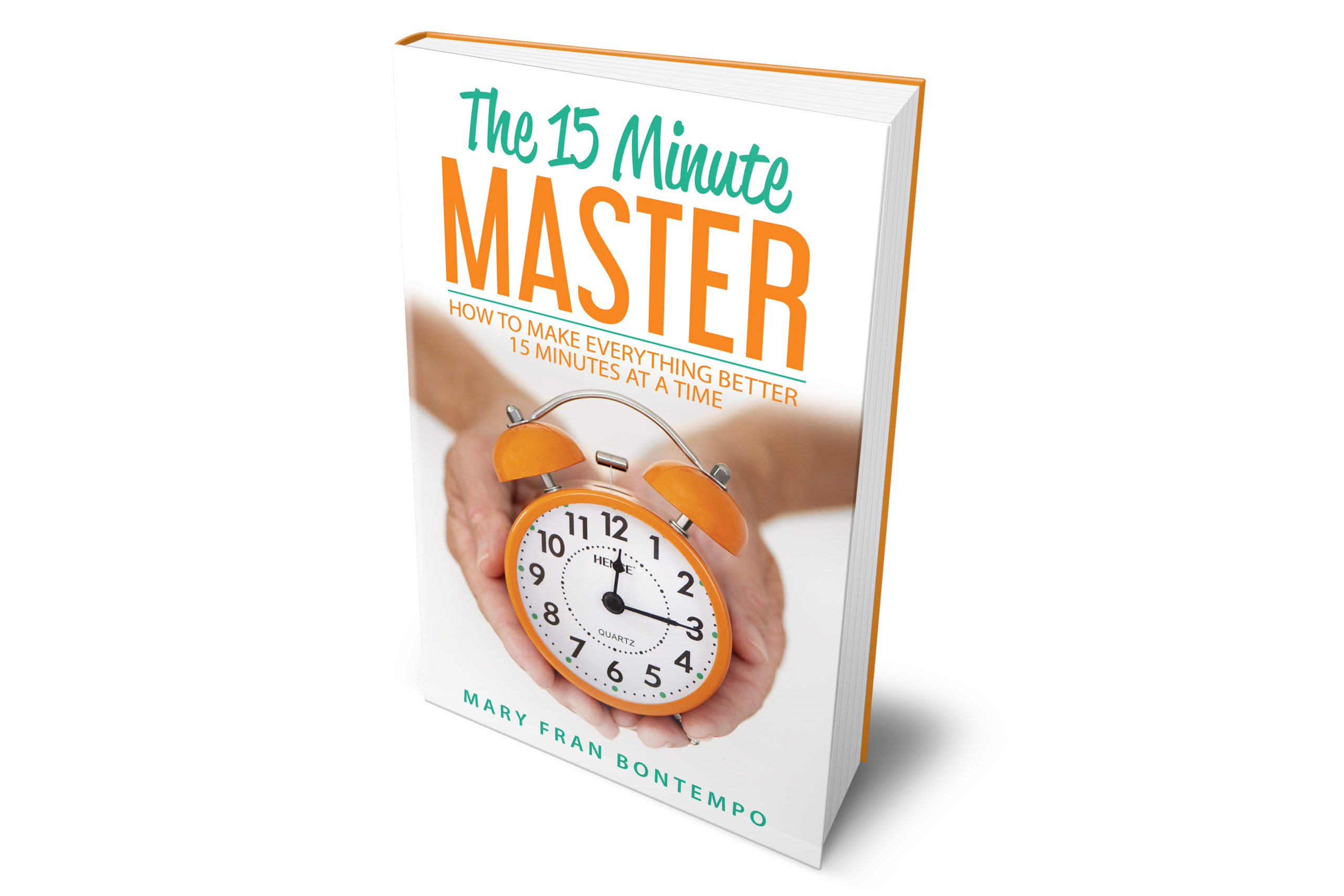As I read in The Philadelphia Inquirer, a couple of weeks ago, Karen Heller’s article A New Vision of Feminism, the question occurred to me: Is the discrimination against women apparent in my current profession, among authors writing for children, today?
It didn’t take me long to realize that, indeed, it is.
If you ever attended a children’s writers conference you have probably noticed that the majority of the participants are women. Yet when you look at published authors, the ratio men/women is much higher.
Why is this so?
Diana Wynnes-Jones gives us a plausible explanation in the following extract from his acceptance speech for the World Fantasy Award in 2007.
“When I first started getting work published, I used to have wistful thoughts at the way all important awards were given to men. Women, I used to think, could be as innovative, imaginative and productive as possible – and women were the ones mostly at work in the field of fantasy for children and young adults – but only let a man enter the field, and people instantly regarded what he had to say and what he did as more Important. He got respectful reviews as well as awards, even if what he was doing – which it often was – was imitating the women.”
In other words, there seems to be a consensus that men are better than women.
Anybody that has ever sat in a kindergarten class knows boys are not smarter than girls. But as the book Reviving Ophelia (http://www.amazon.com/Reviving-Ophelia-Saving-Selves-Adolescent/dp/1594481881/ref=sr_1_1?ie=UTF8&s=books&qid=1277949459&sr=1-1) illustrates, as they grow up, girls are told, in subtle and not so subtle ways, that they are not good enough, or competitive enough to succeed and that if they want to get the boy they like, they’d better play dumb. Eventually girls believe this and give up at being themselves.
This tyranny over women’s minds has been exercised for thousands of years, and is still exercised today by “well meaning” parents, teachers, and husbands.
C.S. Lewis once said:
“Of all tyrannies, a tyranny sincerely exercised for the good of its victims may be the most oppressive. It would be better to live under robber barons than under omnipotent moral busybodies. The robber baron’s cruelty may sometimes sleep, his cupidity may at some point be satiated; but those who torment us for our own good will torment us without end for they do so with the approval of their own conscience.”
C.S. Lewis was not thinking about women when he wrote this. But, for me, his words resonate strongly in this context.
If you believe this discrimination against women is a thing of the past that does not affect your way of thinking, try changing “she” for “he” in some of your assumptions. You will probably end up with hilarious results.
For instance, consider the American Constitution statement of “All men are created equal”. This idea of equality was a revolutionary statement for its time. But this equality was not meant to include all humankind, just ‘men’, white men to be more precise.
Let’s change the wording to make my point more clear. How would you feel if it said, “Only women of color can rule and they have the right to own white people?”
Not exactly everybody, is it?
Women may be, in numbers, half of the population but to History, the History I was taught at school, they were invisible. It is not surprising if we consider that History has been, traditionally, written for men by men. And the writer’s views permeate its writing.
“History will be kind to me,” Winston S. Churchill said, “for I intend to write it.”
May be it is time for us, women, to start writing our own story.
Maybe that is why I write.







Great article. In my lifetime alone I have seen the progress women have made but we aren’t totally equal yet. Possibly because of the baby bearing years, we never will be but I think it is nice to use your own name. You used to be Mrs. So and So.
Again, bravo. As Pat notes, the Harry Potter books were written by a women, and the fact that it appears to deserve mention underscores your point. If the books had been written by a man, the author’s gender wouldn’t be noted. Since they were written by a woman, however, folks seem surprised. Well guess what, world? We’re pretty smart! How about noticing that for a change?
I think today women are reading more writings by other women than ever before, and this benefits everybody. I like a lot of what I read by women, it often has a view that resonates with what I’ve experienced. And come to think of it, the Harry Potter books were written AND illustrated by women! Things are looking up!
Bravo. Just when you think you have the world by the tail, something smacks you in the head and you realize that it is still a man’s world.
Thanks for taking a behind-the-scenes look at something which most people never notic.